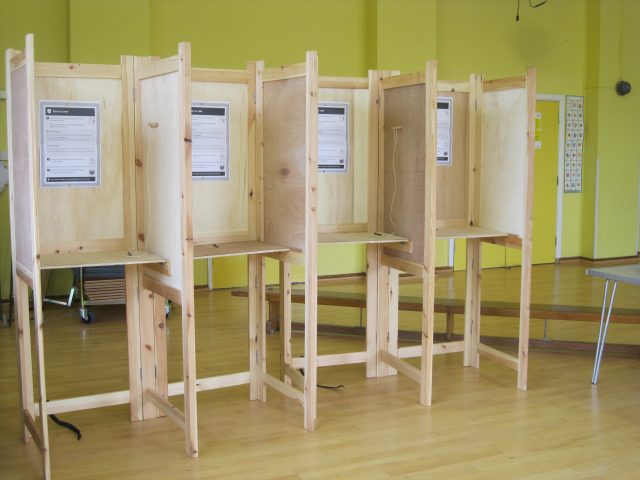Soon, voters will choose Scotland’s future in the country’s independence referendum, but attempts at such direct democracy on smaller scales are still limited.
Communities do not often get to participate in decisions made by their council. However, turnout at referendums when they do can often be low: just 29% in the 2012 local mayoral referendums1. More frequent referendums could easily result in turnout falling due to ‘voter fatigue’. Making voting easier is one way to tackle this. The University of Glasgow has just held public trials of Handivote2: an electronic system allowing votes to be made easily, securely and anonymously. Voters are randomly allocated an ID and PIN, known only to them. Voting can then be as simple as sending a text message. Votes are counted electronically, and afterward voters can check their vote was counted using their ID, while nobody else can link the ID to any particular person.
This trial was the first time Handivote was used outside the university, as a community group gave local voters their chance to vote on the future of North Kelvin Meadow. While small, such trials are needed to test Handivote, and show its capabilities to local authorities and governments. Handivote’s developers hope it can help tackle the problem of low turnout, while increasing local participation in the political process.

